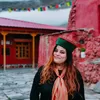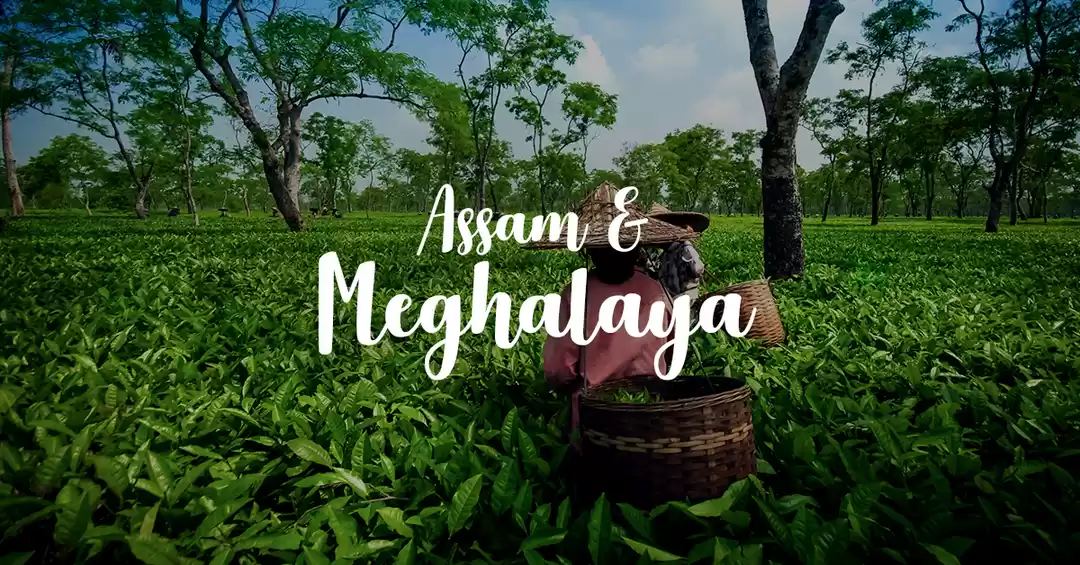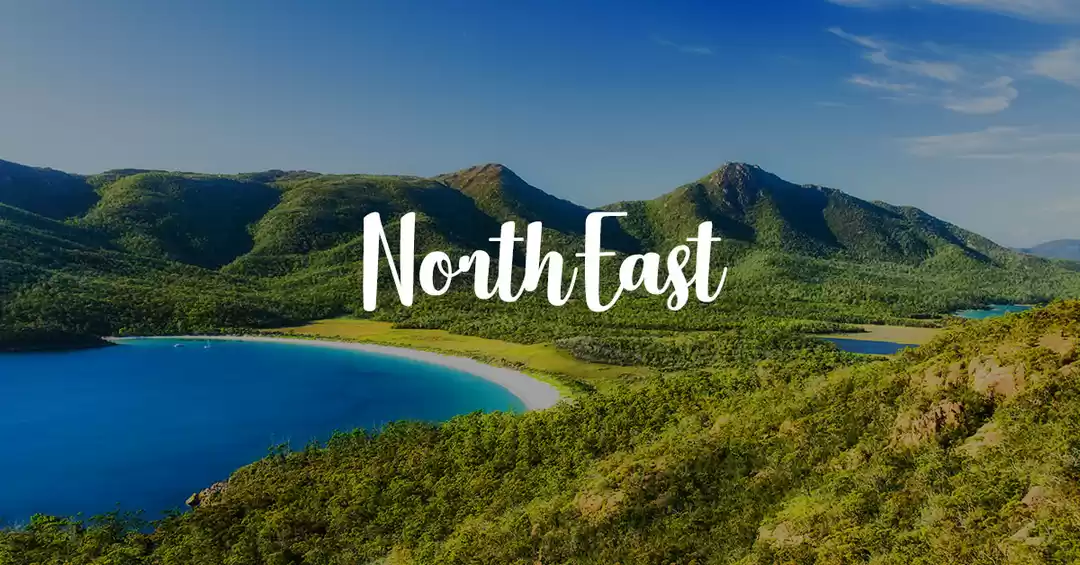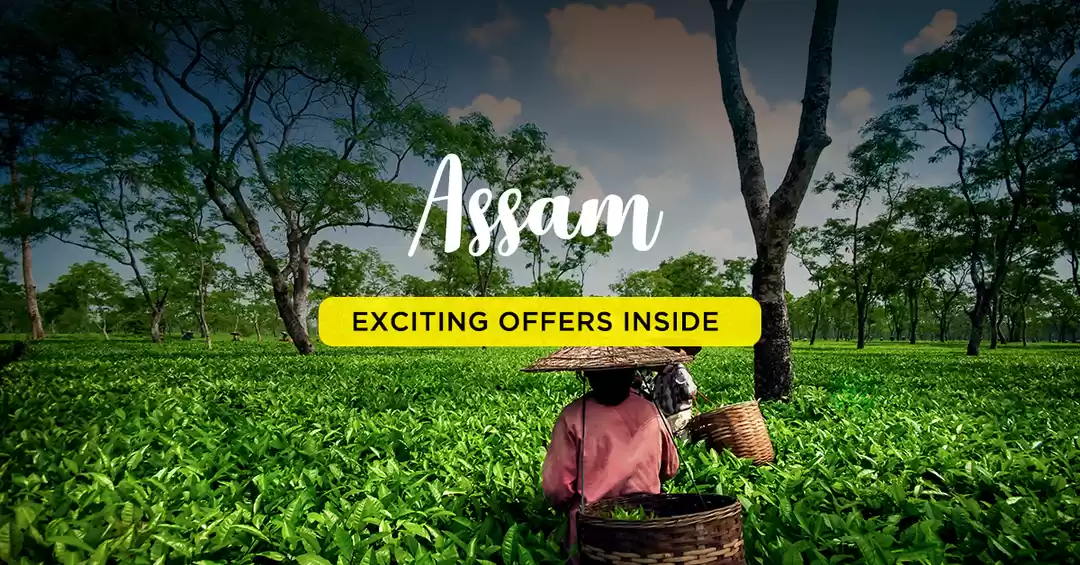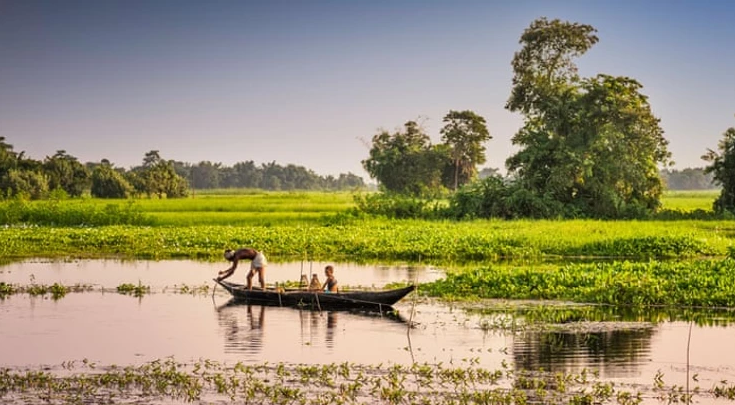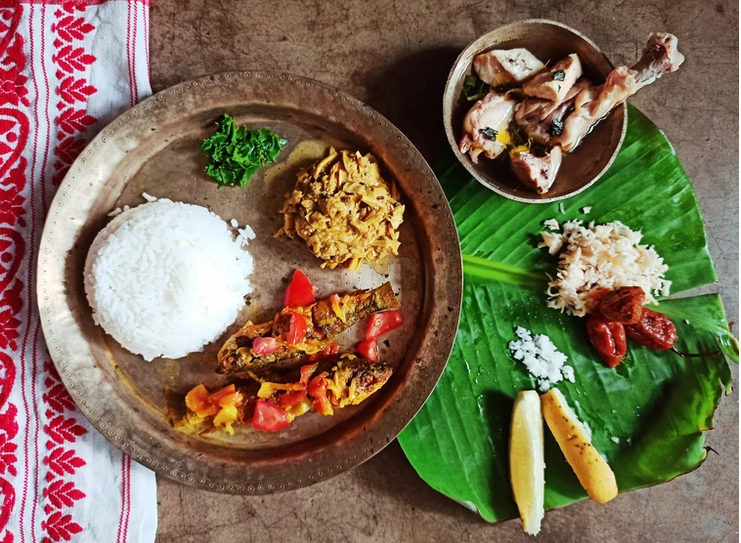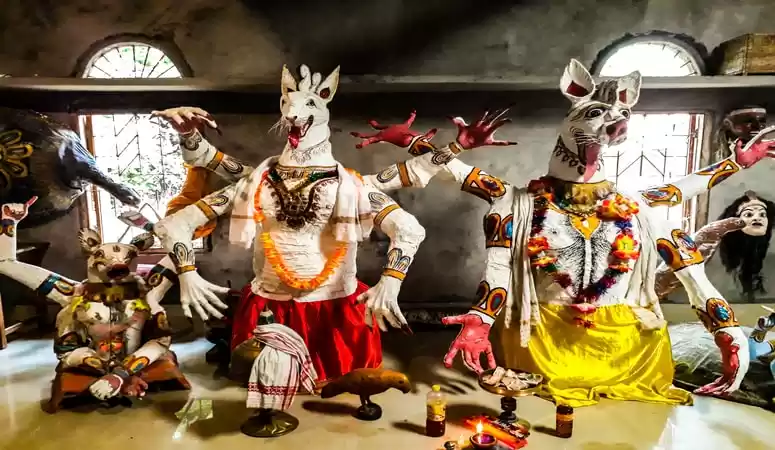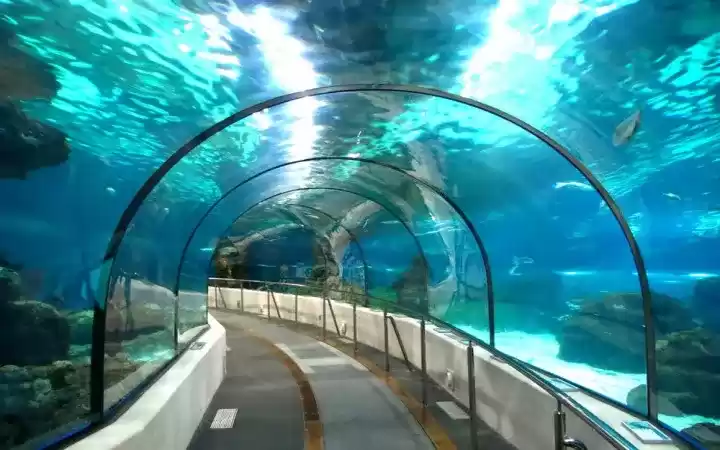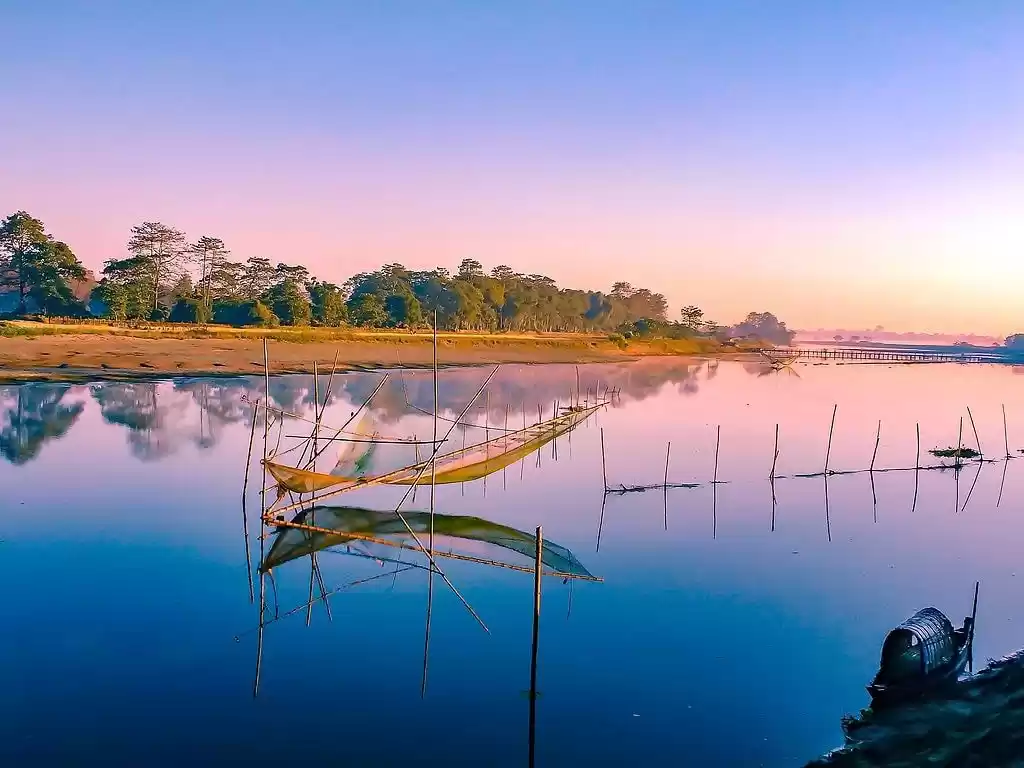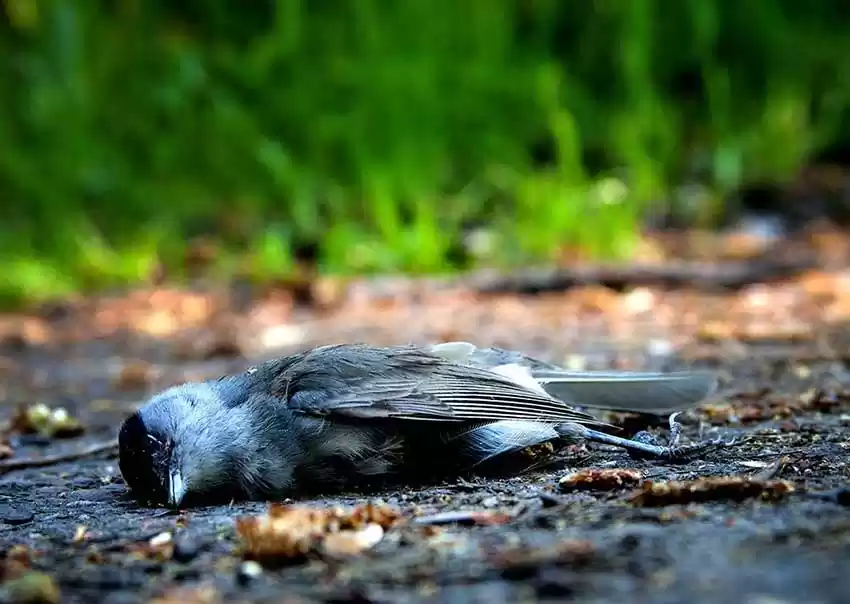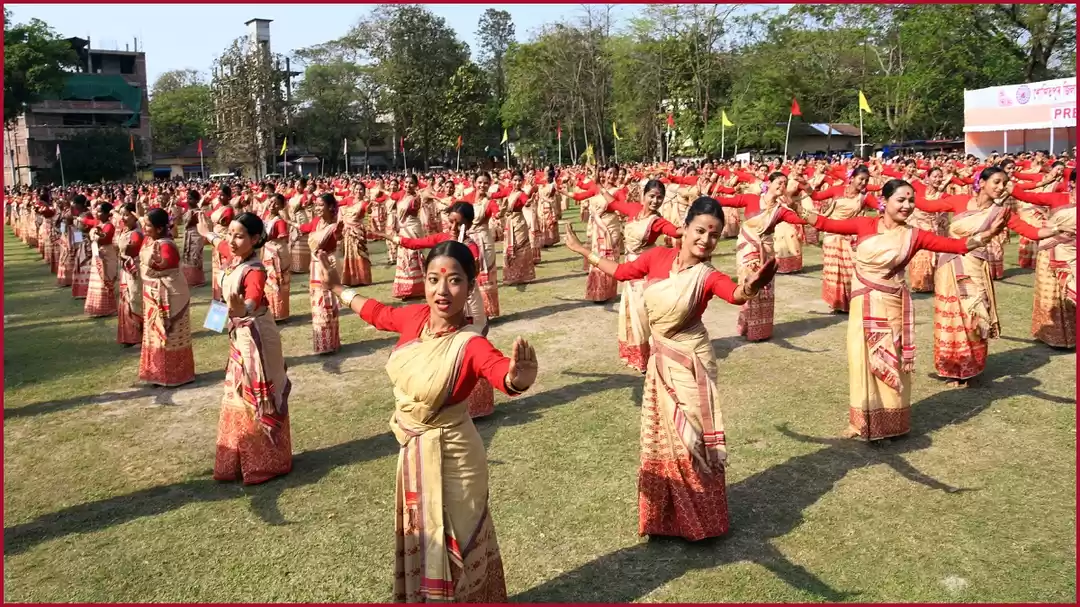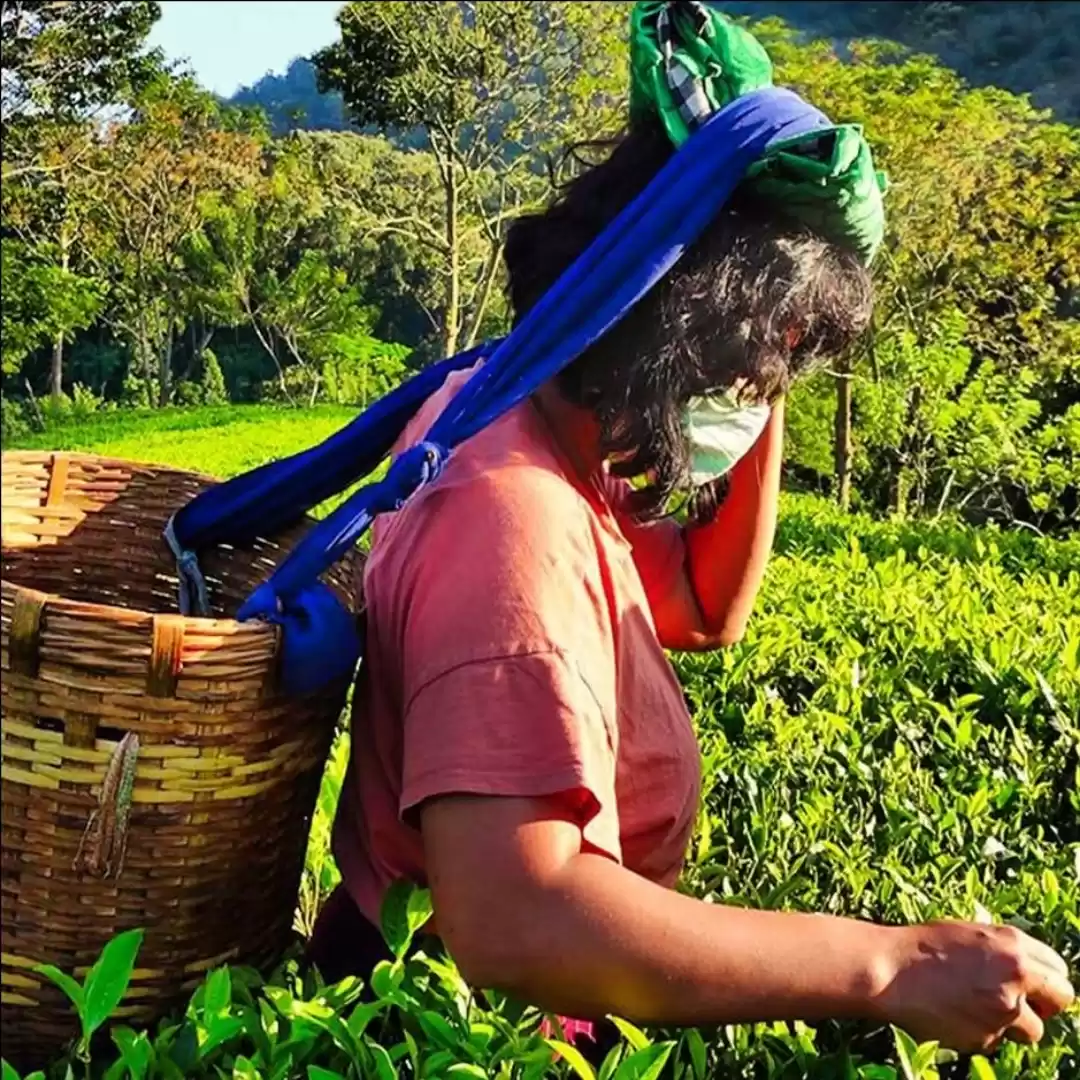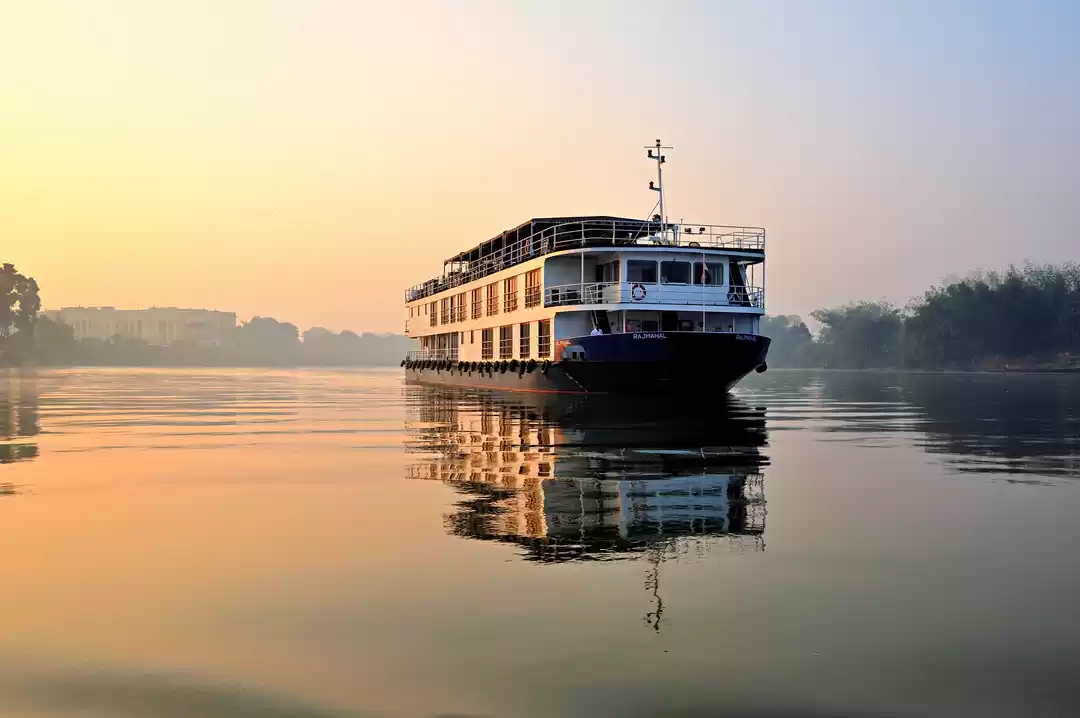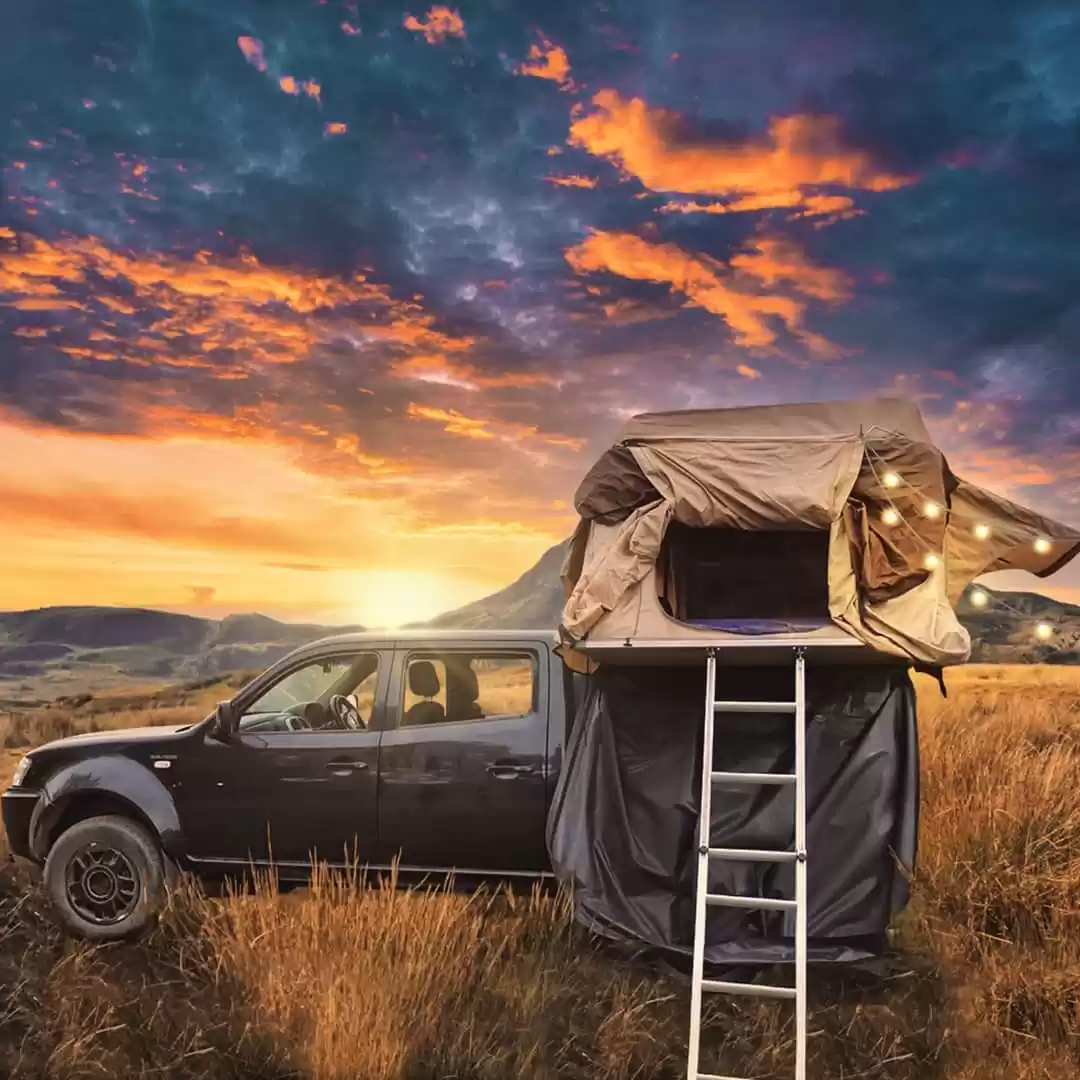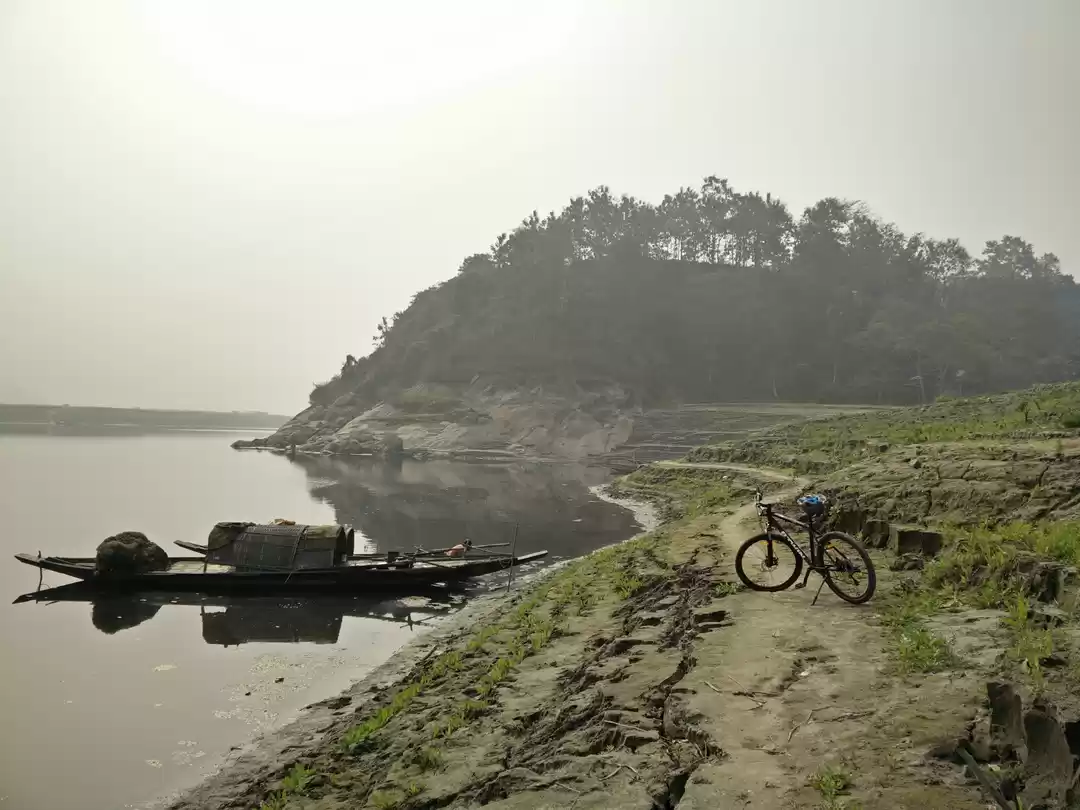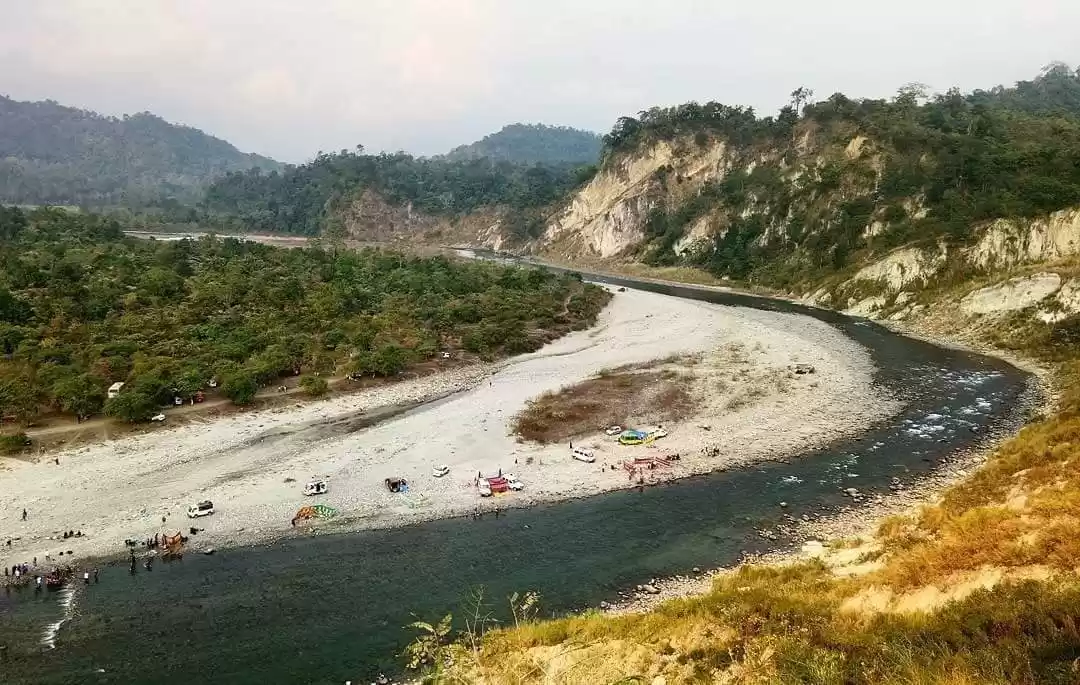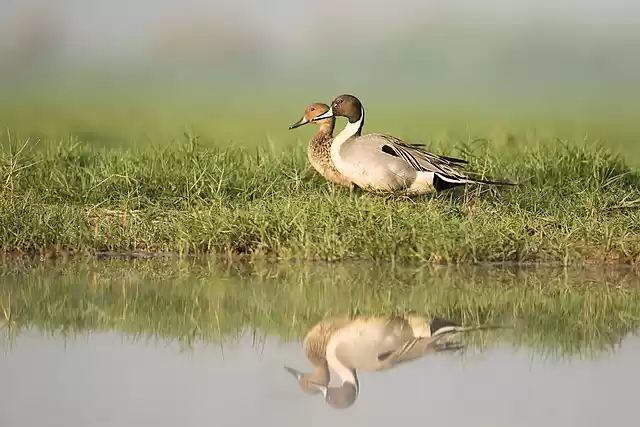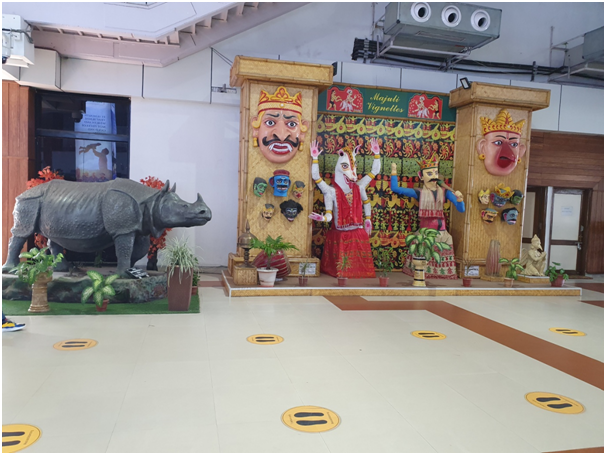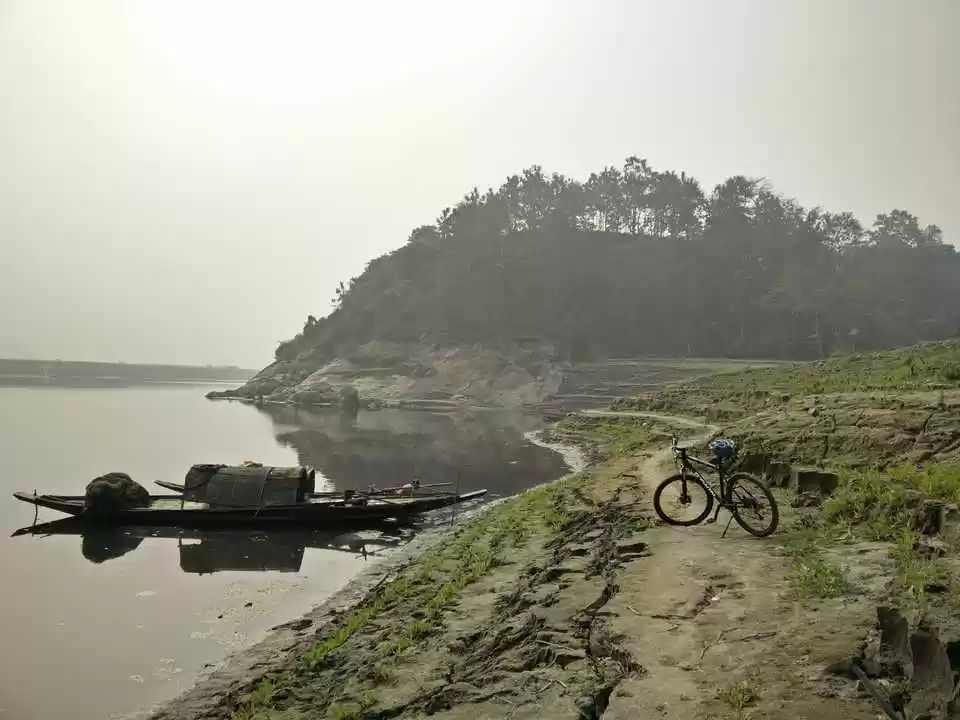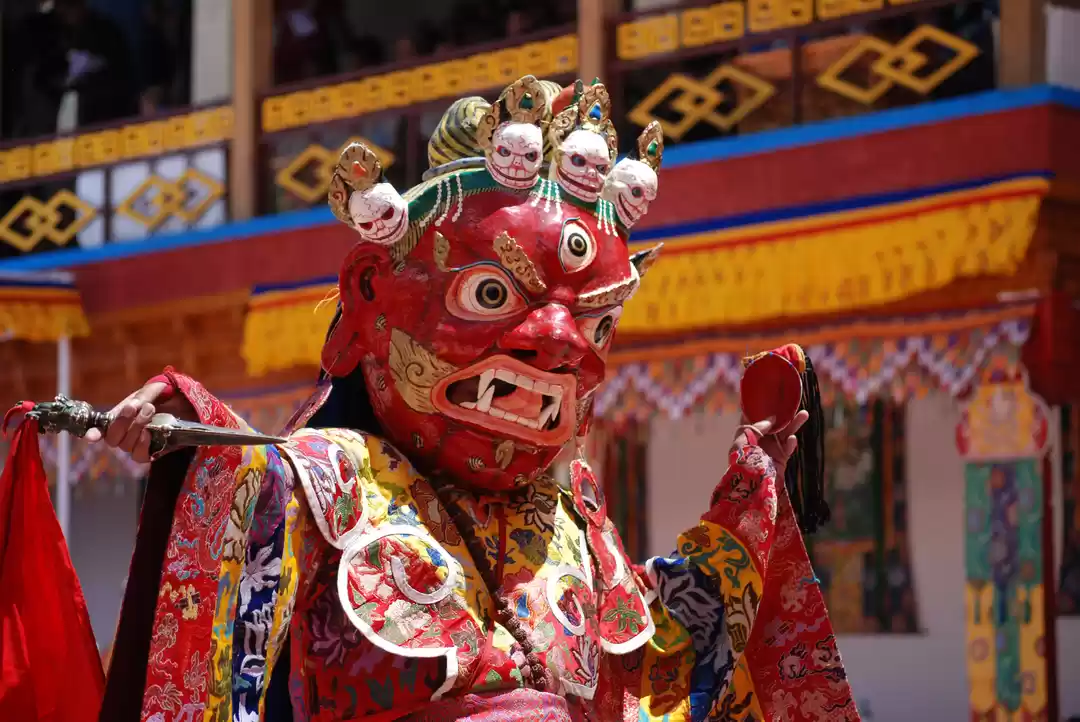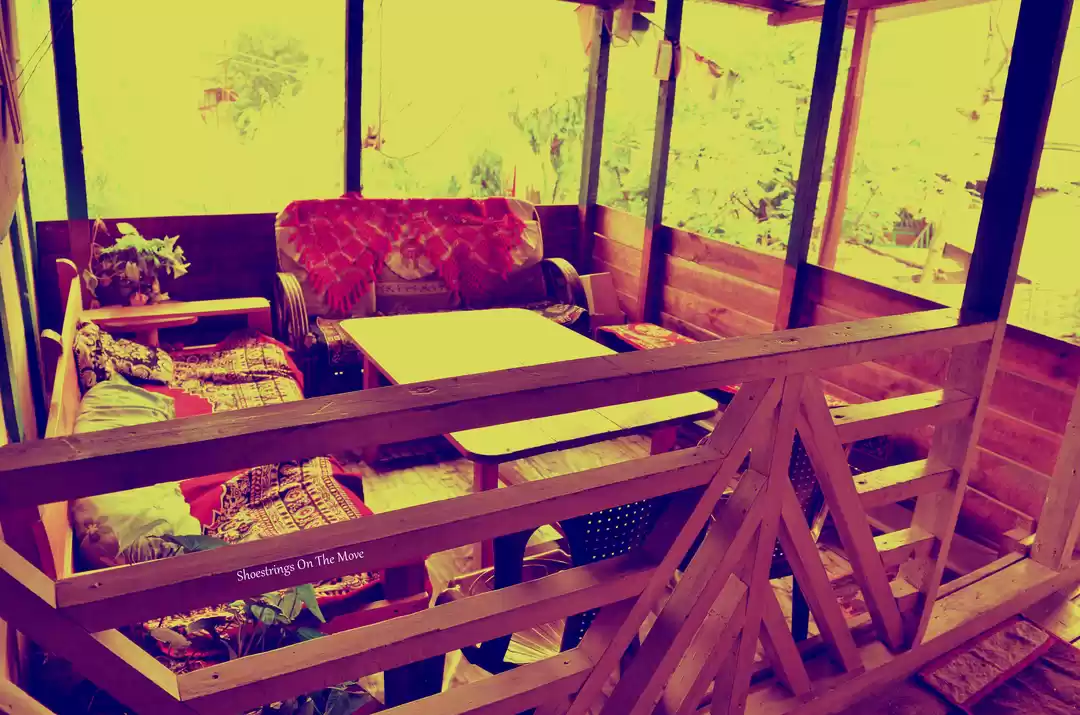
We read few stories, live few, believe few, and have never heard of others. I am going to tell you about an unspoken story that I have witnessed. The untold story of Bodoland you've never heard before .
“Bodoland Territorial Area Districts (BTAD), or Bodoland for short, is a set of four districts that form an autonomous administrative unit in the extreme north on the north bank of the Brahmaputra river, within the state of Assam, Northeast India, by the foothills of Bhutan and Arunachal Pradesh. The region is predominantly inhabited by the indigenous Bodo people. The official map of Bodoland includes four districts of BTAD recognised by the Government of India. ” – Wikipedia
The Boundary Between Us
I walked barefoot on the soft white soil, stopping for some time and then to admire the surreal beauty of the forest behind and the dazzling shadow of the mountains in front of me on the crystal-clear river. The sun was about to set on the other side of the mountain, and the river acted as a border between two countries, India and Bhutan. As the gentle waves stroked me, I was continuously chatting with her, a beautiful lady in her thirties wearing a traditional Assamese dress called dokhona. Standing in the middle of the water, balanced on the rocks, she asked me, "Where am I now?" India or Bhutan?

The Unseen Side Of Bodoland
It was ten past seven, and the village was as silent as night. The mixture of wildflowers and wet black soil had an appealing earthy aroma. I was sitting on a bamboo-made chair on the lawn of the mud house, and she sat just a campfire ahead. Our laughter and chitchat suddenly stopped when the sound of a Bihu tune begrudgingly moved towards us. Durga, her name, poured some local rice beer on my empty glass and asked, "Do you find this place unsafe for the world?"

I was so engrossed in the tune and the taste of Zarwo (silkworm fry), it took me a while to understand her meaning, and why not? My entire perception of these indigenous people and the locality changed the first time I stepped into these lush green paddy fields surrounded by bamboo trees. I didn't answer her question because I wanted to thank myself for not listening to my friends and family, who had either never heard of this place or had different opinions. According to the media, the name Bodoland was taken with scepticism because of the violent confrontation created by the tribals and the illegal immigrants from Bangladesh. Life is not easy anywhere, but how we live our lives matters. I murmured to myself as I looked at her and the darkness where electricity is a luxury, "Give them a reason to smile; give them a reason to live."

Mankind And The Survival
We began the morning while breathing fresh air in the middle of Manas National Park and enjoying a ride on an elephant. The same afternoon, I found myself wandering around the Manas Maozigendri Ecotourism Society, where rhino poachers have now become protectors. These people left their good jobs because of the education they got from local NGO organizations, and I felt good that they were trying to maintain social responsibility. By the time we finished our pitha (rice grain dessert) and laal cha (jaggery black tea), I had learned about many people who had been killed by over 100 animals and are now protecting them, building roads, strengthening houses, and educating the next generation about the importance of biodiversity.
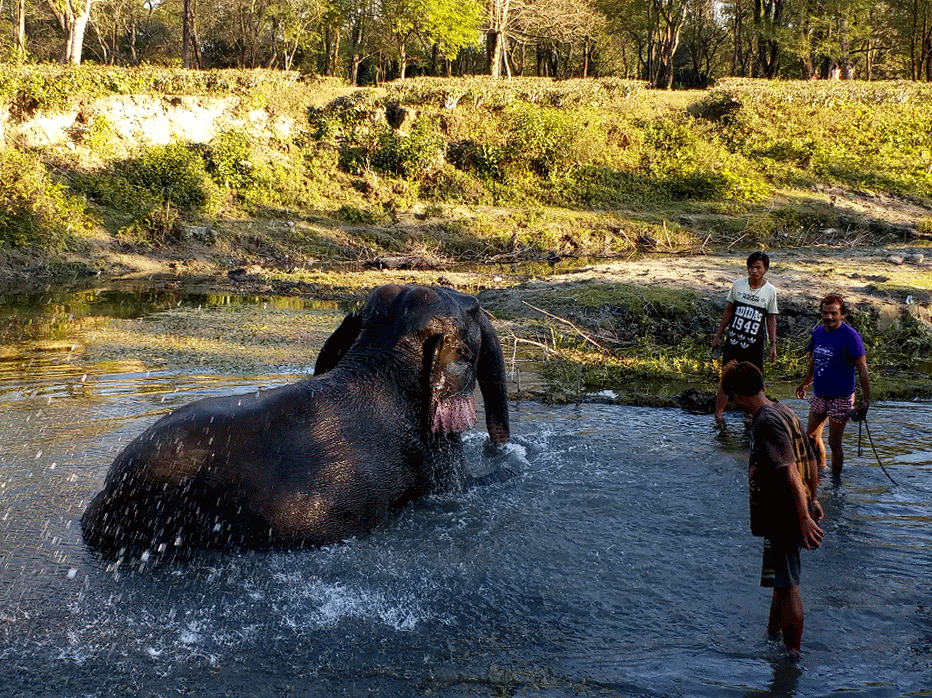
My next stop was my reason to visit the place: a local festival called Dwijing. The festival drew me in with its vibrant projects while transporting me to another world. I was an onlooker, and their workmanship and diverse exercises lured me to an ever-increasing extent. Durga explained about Dwijing, the River Festival, where the Bodo tribes come together to promote river tourism and provide a livelihood opportunity for local people. Started in 2016 with the name "Aie River Festival," it later changed its name to "DWIJING" to showcase the river "Aie" and its importance. The festival was geared toward the tribe, but travellers were welcome to join.

Read More of Dwijing Festival Here
Simplicity and Behavior: Are We Searching for It?
I spent my week with Bodo people in the village and witnessed the simplicity and hardships borne by the villagers. There is no electricity, it is difficult to get to hospitals and schools, it is difficult to earn a living by collecting firewood, fishing with locally made Jakoi and Khaloi (bamboo sticks), weaving on the loom, and dealing with social issues.

Part of me wanted to stay. It’s not easy to come back to the same city as the rat race. It's difficult to forget those smiles, the toxin-free air, the river, the local food, the heartfelt welcome, and the place where I saw black and white soils coexist; I'm still captivated by the safe sunset in between wild.
Want To See How Bodoland looks like??
What do you think about Bodoland? Want to explore the raw beauty of Bodoland ? Do let me know your thoughts on it.
For more travel stories and information follow me on YouTube
Ready to travel for free? Earn credits and redeem them on Tripoto's weekend getaways, hotel stays, and vacation packages!
Be a part of the largest online community of travelers on Tripoto’s Facebook page!

